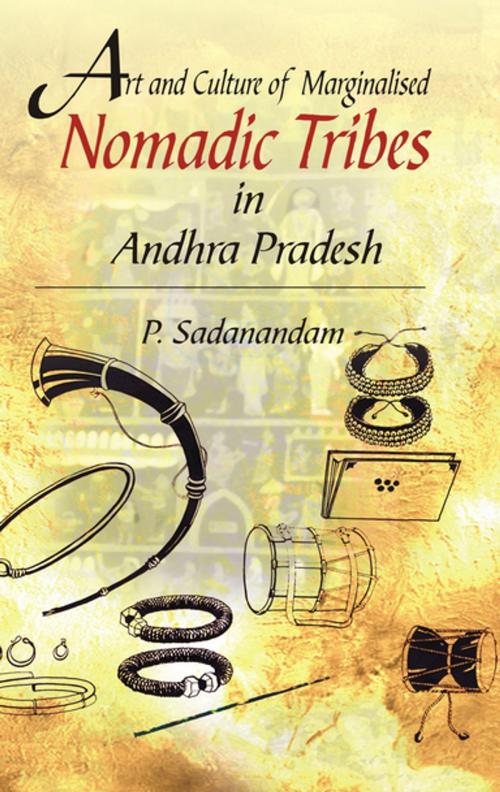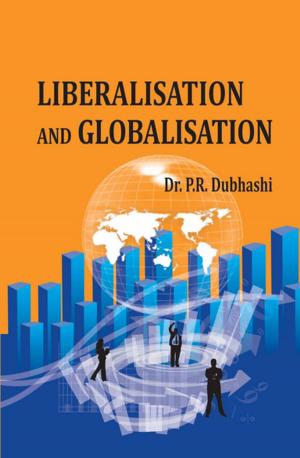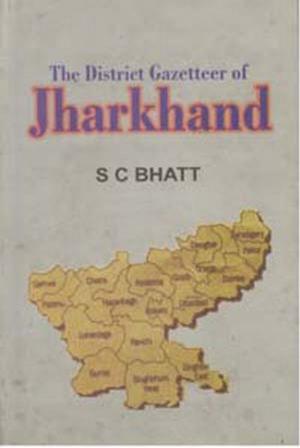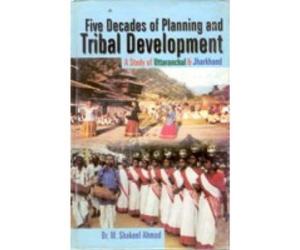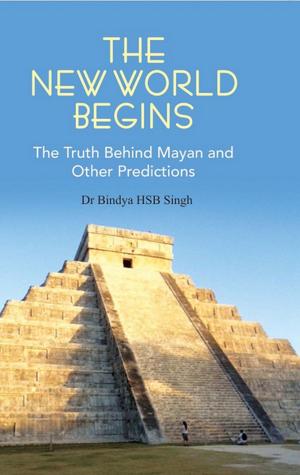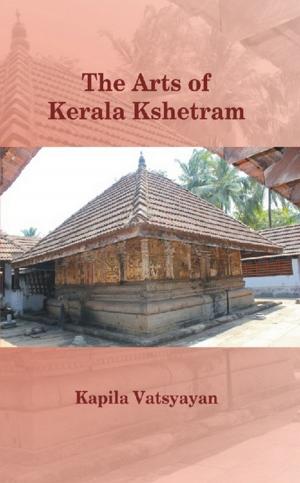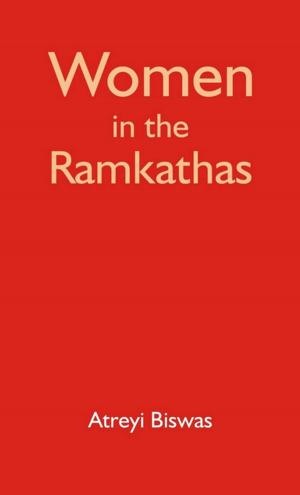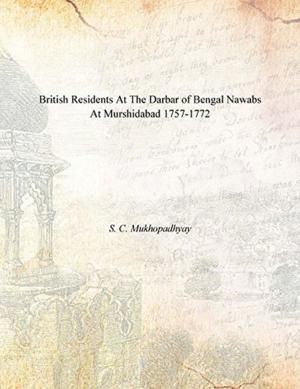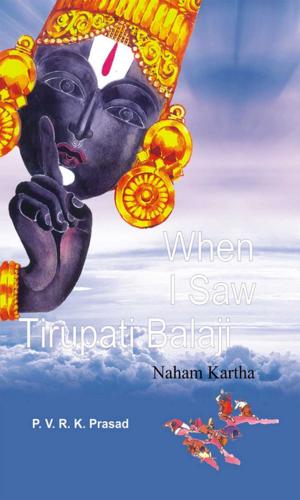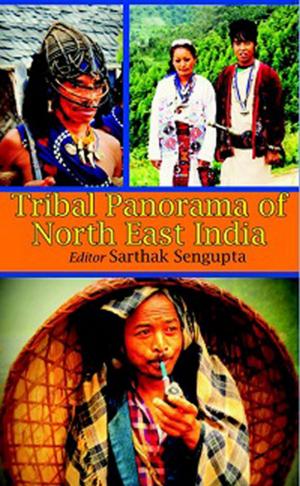Art And Culture of Marginalised Nomadic Tribes In Andhra Pradesh
Nonfiction, Social & Cultural Studies, Social Science, Cultural Studies, Customs & Traditions| Author: | P. Sadanandam | ISBN: | 9788121250122 |
| Publisher: | Gyan Publishing House | Publication: | June 30, 2008 |
| Imprint: | Gyan Publishing House | Language: | English |
| Author: | P. Sadanandam |
| ISBN: | 9788121250122 |
| Publisher: | Gyan Publishing House |
| Publication: | June 30, 2008 |
| Imprint: | Gyan Publishing House |
| Language: | English |
India is rich in its oral tradition. Its antiquity defies historical inquiry. Indian folklore offers diversity in the forms of expression while retaining the unity of theme, i.e. Dharma., The forms may be changing periodically to suit the times. The purpose of these popular art forms has been the same in a way as the classical arts. They provide education through entertainment. Andhra Desa, comprising roughly the present state of Andhra Pradesh, is very significant in its folk tradition in variety of forms. Numerous producing and service castes so far maintained their own sub castes of bards to retain their collective memory of the community and family histories besides propagating the Puranic knowledge and stories from great epics. The dependent sub-castes who have been so far preserving these arts and ancient knowledge are speedily disappearing due to lack of patronage and changing life-style. In this context, this book, the result of a painstaking research involving lot of field work may serve as a tribute to those unselfish barefoot narrators and preservers of history of bygone ages.
India is rich in its oral tradition. Its antiquity defies historical inquiry. Indian folklore offers diversity in the forms of expression while retaining the unity of theme, i.e. Dharma., The forms may be changing periodically to suit the times. The purpose of these popular art forms has been the same in a way as the classical arts. They provide education through entertainment. Andhra Desa, comprising roughly the present state of Andhra Pradesh, is very significant in its folk tradition in variety of forms. Numerous producing and service castes so far maintained their own sub castes of bards to retain their collective memory of the community and family histories besides propagating the Puranic knowledge and stories from great epics. The dependent sub-castes who have been so far preserving these arts and ancient knowledge are speedily disappearing due to lack of patronage and changing life-style. In this context, this book, the result of a painstaking research involving lot of field work may serve as a tribute to those unselfish barefoot narrators and preservers of history of bygone ages.
